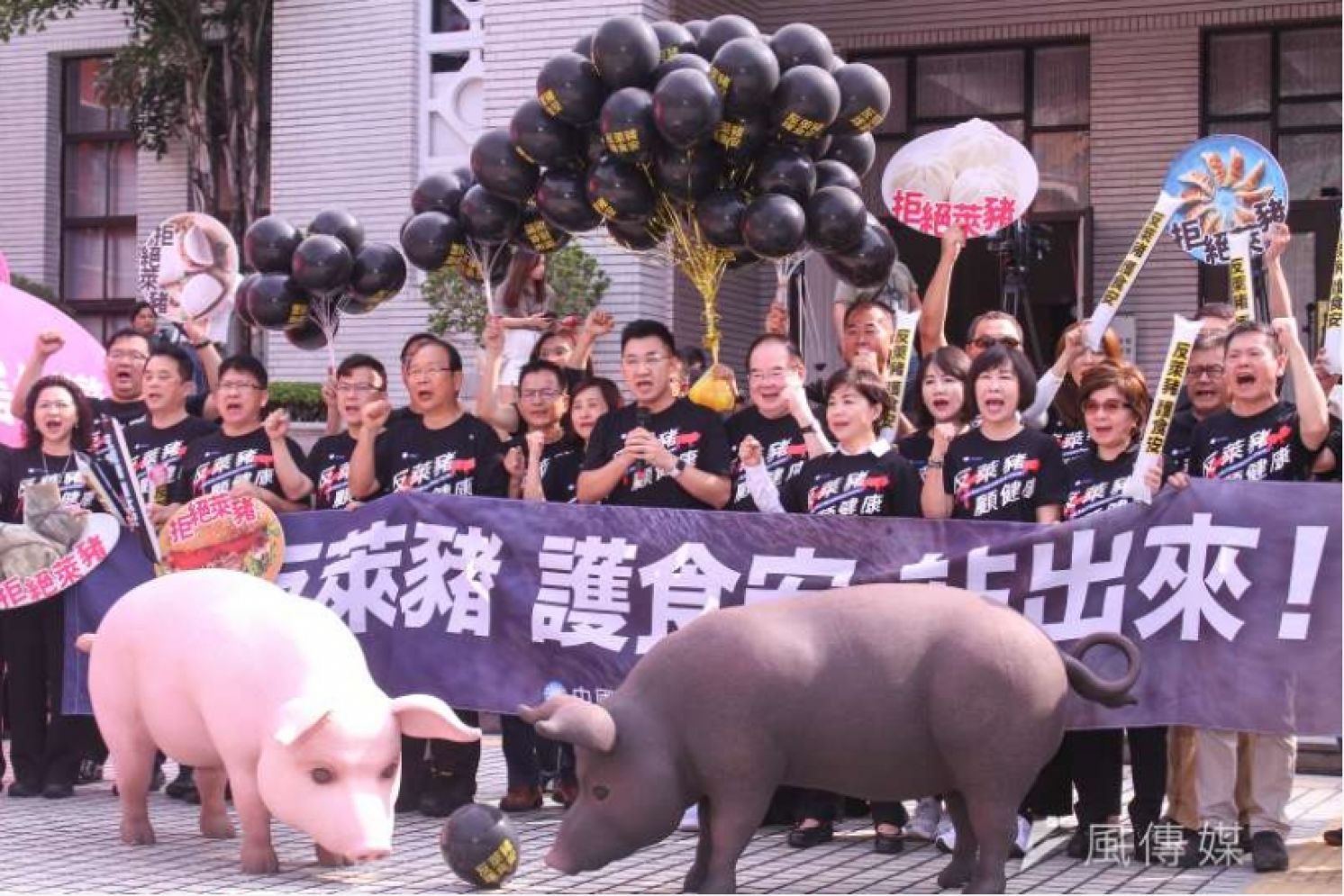
This Week in Taiwan 1213-1219
December 14: News circulating on the Internet claimed that President Tsai Ing-wen held a ministerial-level meeting in which officials consumed Michelin restaurant bento boxes valued at NT$6,980 (about US$246) apiece. The ruling Democratic Progressive Party (DPP) refuted this as false information, and after Premier Su Tseng-chang ordered strict law enforcement, the police arrested individuals based on the Social Order Maintenance Act. Five courts in Taipei, Taichung, Kaohsiung, New Taipei, and Taoyuan found that the speech did not constitute violation of law and ruled that the seven Internet users not be fined
December 15: Taiwan launched a new fleet of domestically-made coast guard patrol vessels. President Tsai Ing-wen presided over the occasion, naming the vessel "Tajiang" for Taiwanese aborigines. The vessels are equipped with Hsiung Feng II and Hsiung Feng III anti-ship missiles, OTO Melara 76 mm naval guns, Phalanx CIWS weapon systems, and Sea Sword II missiles. The vessel is dubbed the Taiwanese version of arsenal ship.
December 17: The Central Bank announced that it will freeze interest rates for a third time and sharply raised economic growth estimates of this year and next year to 2.58 percent and 3.68 percent, respectively.
Responding to the United States' including Taiwan on a currency manipulator watch list, Governor Yang Chin-long stated that stabilizing the exchange rate is a chief responsibility of the Central Bank and should take precedence over concerns about the exchange rate report published by the United States.
December 18: The Moscow classical ballet group was scheduled to perform starting December 16 in Taiwan. However, after 14 days of quarantine, eight Russian group members were confirmed with the coronavirus (COVID-19). Consequently, the 12 performances in Taiwan were subsequently canceled, and 44 group members departed the country on December 18. The main organizer udnFunLife claimed the losses and pledged to refund 15,000 tickets in full with no deadline.
December 18: The lifting of import restrictions on American pork containing ractopamine will enter the final stage of debate in parliament. The Legislative Yuan is scheduled to vote on December 24 nine executive orders on importing ractopamine pork and proposed amendments for the Food Safety Act and the School Health Act. Additionally, the Central Election Commission determined that the KMT's two referendum cases against ractopamine pork conform to the regulations. If they are successfully approved, the referendum cases will be voted upon August 28 next year. Opposition against ractopamine pork has extended from local counties and cities and the parliament to a public vote by the people.
December 19: As a consequence of the pandemic, Ministry of Transportation and Communications officials calculate that visitors to Taiwan this year will only total about 1.37 million, down by 10.5 million from the previous year. The impact represents a decline in the number of tourists by more than 88 percent and a loss of nearly NT$370 billion (about US$13.1 billion) in tourism revenue. Market hearsay has it that major travel agencies are planning for large-scale layoffs in the coming year.